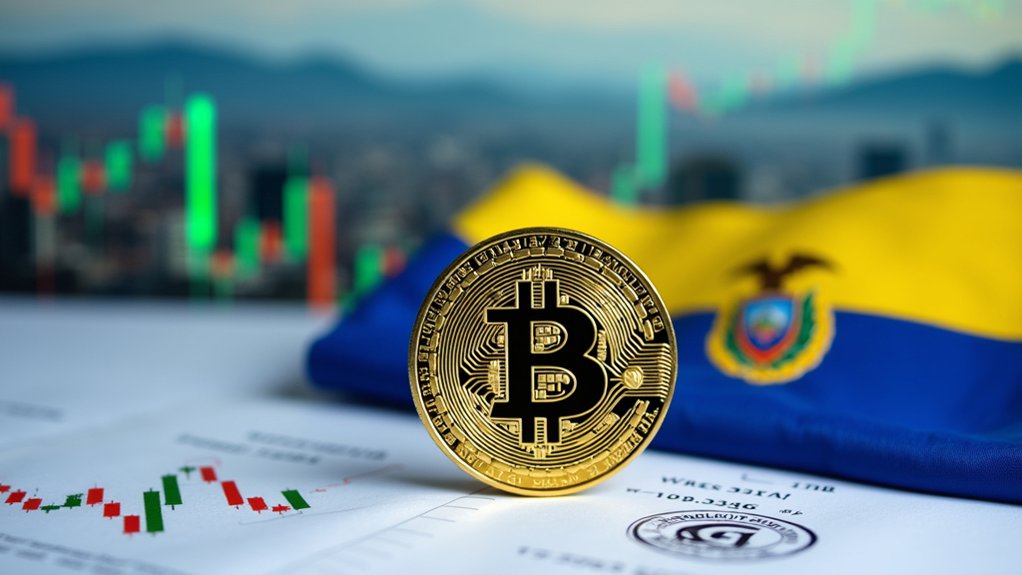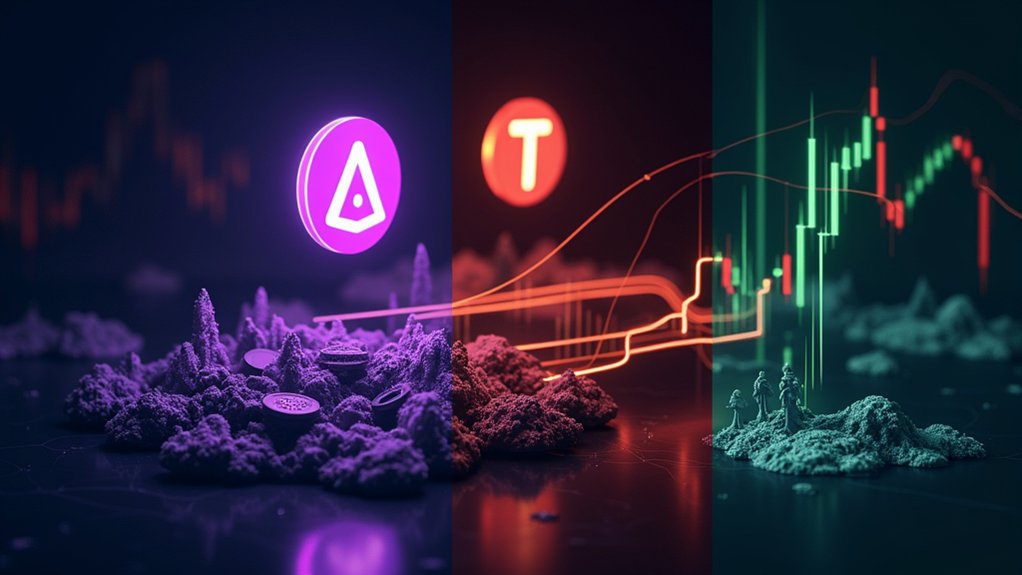Despite agreeing to a $1.4 billion IMF loan that required scaling back its Bitcoin involvement, El Salvador continues to aggressively expand its cryptocurrency holdings. The Central American nation added over 13 Bitcoin to its reserves in March 2025 alone, including a significant purchase of 6 BTC for approximately $500,000 on March 9. President Nayib Bukele isn’t exactly being subtle about it either.
El Salvador’s Bitcoin stash now stands at an impressive 6,111 BTC, worth roughly $504 million at current prices. That’s a hefty sum for a small nation that supposedly agreed to tone down its crypto enthusiasm. The country has maintained its strategy of daily 1 BTC purchases since November 2022, occasionally snatching up larger amounts during market dips. Earlier this month, El Salvador made a notable acquisition of 5 BTC on March 3. The government’s commitment to its regular acquisition strategy established under President Bukele remains unwavering. Smart move or reckless gamble? Depends who you ask.
The IMF, predictably, isn’t thrilled. Their December 2024 loan came with strings attached—specifically, requirements for El Salvador to reduce its Bitcoin involvement, implement stricter digital asset monitoring, and make Bitcoin acceptance voluntary rather than mandatory. Unlike traditional currencies, Bitcoin operates on a decentralized network that allows direct peer-to-peer transactions without bank involvement.
El Salvador technically complied by amending its Bitcoin Law in January 2025, removing references to legal tender status and ending the state’s role in Bitcoin use. But actions speak louder than words. Since the loan agreement, El Salvador has added 144+ BTC to its holdings.
President Bukele’s message to the IMF? “It’s not stopping.” The nation acquired about 18 BTC worth approximately $1.4 million in just the past week.
Meanwhile, international crypto firms are flocking to El Salvador. Bitfinex Derivatives relocated from Seychelles, and Tether announced plans to move its headquarters there too. The IMF continues pushing back, prohibiting Bitcoin-tied debt issuance.
El Salvador seems determined to chart its own economic course, regardless of international pressure. With daily Bitcoin purchases continuing unabated and occasional larger acquisitions, Bukele’s administration clearly views its cryptocurrency strategy as non-negotiable—IMF loan be damned.





